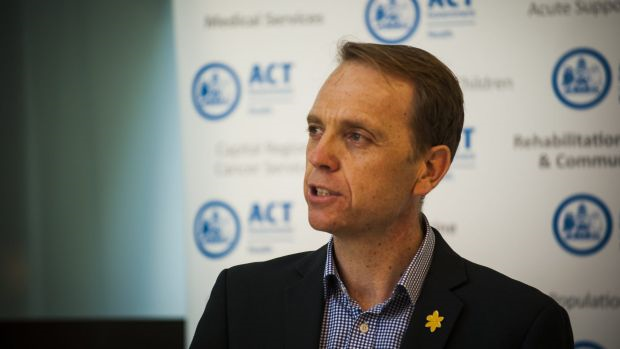Child Abuse Survivors Will No Longer Face Time Limits to Sue
By Christopher Knaus
Such time limits have been criticised as "clearly inappropriate" for abuse victims, and fail to recognise the terrible psychological toll the crimes take. The current statute of limitations is six years, which begins when the young person turns 18. That limit would, for example, prevent more victims of Marist Brother John William Chute – who abused boys repeatedly at Marist College Canberra in the 1970s and 1980s – from now coming forward with a civil claim, unless they could adequately justify the delay. Attorney-General Simon Corbell will on Tuesday introduce legislation to remove any time limit on civil claims for institutional child abuse victims, a move likely to be welcomed by survivors and lawyers. It follows a recommendation by the Royal Commission into Institutional Responses to Child Sexual Abuse last year, which urged states and territories to remove time limits on civil claims. The ACT government had previously delayed taking action on the issue. In May, the government said it was waiting to see whether other states and territories committed to a national redress scheme for abuse survivors. That's despite NSW and Victoria having scrapped the statute of limitations while simultaneously pushing for a scheme of redress to be established. Mr Corbell said on Monday that it had now become clear a "redress scheme at a national level is still some time away". "Therefore, we believe it is timely now to remove the statute of limitations for civil claims by victims of institutionalised child sexual abuse," he said. Mr Corbell said it was clearly unrealistic to expect children who were just finding their feet as adults to come forward and pursue a civil claim for abuse. There is no clear indication of how many claims may flow from the reform. But Mr Corbell said the royal commission had estimated hundreds of claims were currently time-barred across the country. The reforms would apply immediately once passed. Bravehearts, a group campaigning against child abuse, has repeatedly called on states and territories to capitalise on the momentum of the royal commission and scrap the time limit, while survivors were still emboldened to come forward. Law firms were also pressuring the government to act. The moves to scrap the time limits come as the ACT Legislative Assembly prepares to pass a strong new reportable conduct scheme, which is designed to force institutions to report abuse complaints to an independent authority. Mr Corbell said the two reforms, taken together, sent a "strong signal that institutions will not be able to hide or cover up allegations or instances of child sexual abuse". The Justice and Community Safety Legislation Amendment Bill 2016 will be introduced on Tuesday, and the government will seek to pass it through the Legislative Assembly in the next two weeks of sitting. The bill will also increase the victim's services levy to help the government better support victims of crime. The ACT government has previously scrapped statute of limitation periods for criminal charges for historical child abuse, acknowledging that severe trauma and repression often prevented survivors coming forward earlier.
|
.
Any original material on these pages is copyright © BishopAccountability.org 2004. Reproduce freely with attribution.
